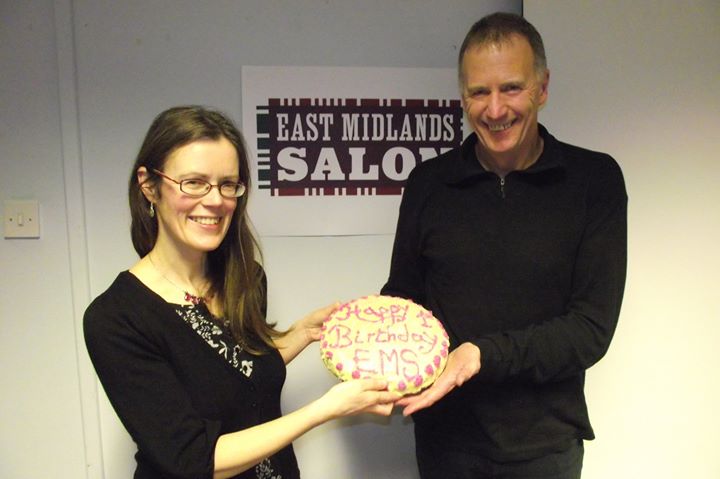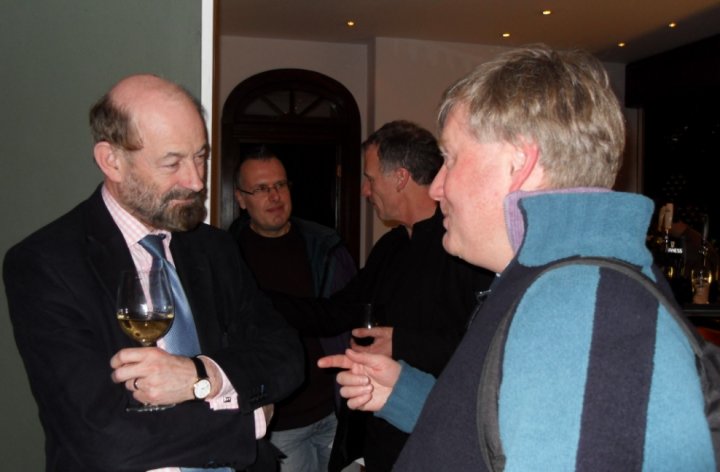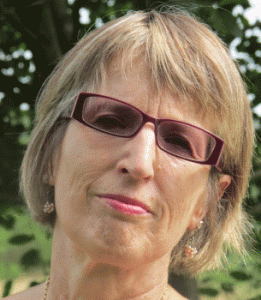
Salon organisers from Birmingham, Leeds and Manchester will be in Derby on Thursday 23 January to celebrate the 10th Anniversary of the East Midlands Salon.
The East Midlands Salon was founded in 2010. Our first Salon on 26 January featured the distinguished philosopher, poet, novelist, cultural critic and clinical neuroscientist, Professor Raymond Tallis, who defended the proposition ‘I am NOT a Beast’, and explained ‘how we humans evolved to be so different’ which was the theme of his then forthcoming philosophical essay Michelangelo’s Finger: an exploration of everyday transcendence (Atlantic Books 2011).
Since then dozens of distinguished speakers have come to Salons in Derby to engage in debates and talk about their work and often to put forward some very controversial ideas. Like other Salons in the UK and internationally, we defend the freedom to think, to act, to say what needs saying – even if it offends others. .
This 10th Anniversary Salon will be a celebratory event . We have invited speakers from other Salons to share their experiences and to discuss the importance of Salons in the 2020s. Speakers include: Simon Belt (Manchester Salon), Rosie Cuckston (Birmingham Salon) and Paul Thomas (Leeds Salon).

Date, Time and Venue: Thursday 23 January at 7 PM in the Brunswick Inn, Derby. (Refreshments will be provided) This Salon is free but registration via Eventbrite is required.


